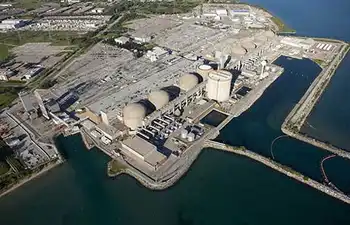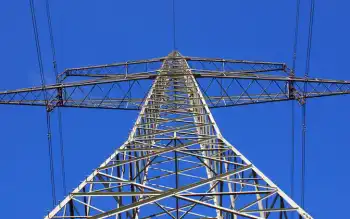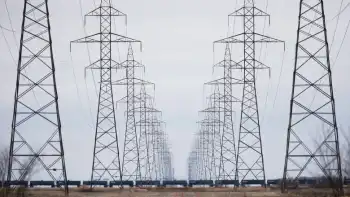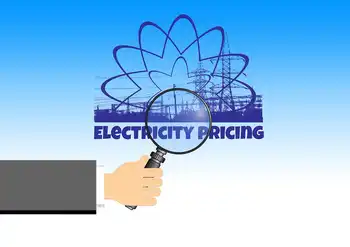German CO2 cut plan poses threat to economy-E.ON
German environment minister Juergen Trittin recently presented a draft plan detailing the carbon dioxide (CO2) cuts that national energy and industrial sites would have to make as part of the European Union's emissions trading scheme, which starts next January.
Trittin, however, still needs to agree on a final version of the National Allocation Plan with the more industry-minded economy minister Wolfgang Clement.
"Though the new targets would have practically no affect on global climate change, the economic risks for Germany's economy are enormous," E.ON's Chief Executive Officer Wulf Bernotat told reporters at the company's annual press conference. "The EU emissions trading scheme will make things difficult for coal-fired power production (while) at the same time nuclear power has been the victim of arbitrary regulatory harassment."
Germany relies on coal, the most air-polluting of energy sources, for more than half of its total power production, while the government and energy firms a few years ago agreed to phase out nuclear power, which generates around a third of power.
The final version of the NAP, which the government needs to send to Brussels by the end of March, will put a cap on CO2 output of around 2,400 energy and industrial sites in Germany. The EU scheme then allows firms which exceed their CO2 caps to buy emissions permits --effectively the right to pollute -- from firms which end up within their targets. The permits can be traded, thus setting up a secondary market and offering a financial incentive to reducing CO2 pollution.
Bernotat said the German government's aim to reduce emissions also by boosting renewable energy production through subsidies represented a major burden for electricity customers, while threatening the country's balanced energy mix.
"Germany may be the world's leading wind power producer, but this honour will cost German consumers around 1.5 billion euros this year alone," he said.
"In the future, the costs of subsidising wind power will be even higher and it is a fact that wind energy is too unreliable to contribute to Germany's security of supply," said Bernotat.
Related News
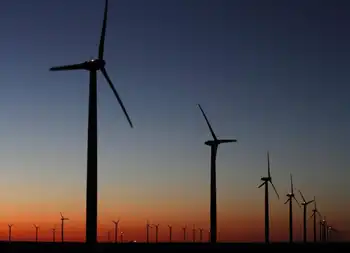
Shopping for electricity is getting cheaper in Texas
AUSTIN - Shopping for electricity is becoming cheaper for most Texans, according to a new study from the Texas Coalition for Affordable Power. But for those who live in an area with only one electricity provider, prices have increased in a recent 10-year period, the study says.
About 85 percent of Texans can purchase electricity from a number of providers in a deregulated marketplace, while the remaining 15 percent must buy power from a single provider in their area.
The report from the Texas Coalition for Affordable Power, which advocates for cities and local governments and negotiates their power contracts, pulls information…


